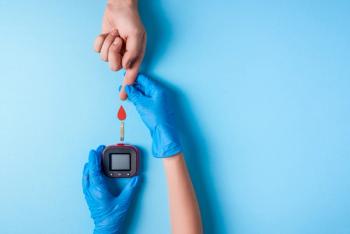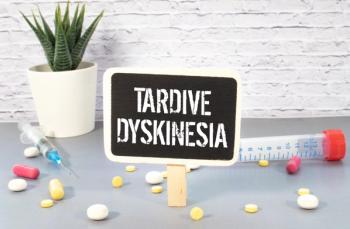
FDA Expands Eligibility for EndeavorRx Digital ADHD Therapeutic
Akili, Inc, a digital medicine company, recently got FDA approval to extend the EndeavorRx label from 8 to 12-year-olds with inattentive or combined-type ADHD to 13 to 17-year-olds.1
As the only FDA-approved, game-based digital therapeutic, EndeavorRx’s eligibility is expected to more than double the number of pediatric patients with ADHD who have a prescription from a healthcare provider, due to the increased age range.
The digital treatment offers an immersive video game experience that is created by world-class neuroscientists and award-winning game designers that can be accessed on mobile devices.
According to the EndeavorRx website, the tool uses sensory stimuli and motor challenges to target areas of the brain that play a key role in attention function.
Kids are challenged to multitask and ignore distractions by navigating courses, collecting targets, and avoiding obstacles.
An algorithm measures performance and customizes each patient’s treatment in real-time. Parents can also follow their child’s treatment and track daily efforts through the Endeavor app.
It's recommended to play for no more than 25 minutes, 5 days a week for at least 4 consecutive weeks, or as prescribed.
A similar Akili tool, EndeavorOTC, is also offered to adults with ADHD.
The FDA’s label expansion is based on a clinical study2 that involved 162 adolescents with a verified diagnosis of inattentive or combined-type ADHD who all received EndeavorRx for 4 weeks and subsequently demonstrated significant improvements in Test of Variables of Attention (TOVA)-measured attentional control.
Scott Kollins, MD, PhD, chief medical officer at Akili, said in a press release, the study for adolescents “demonstrates that EndeavorRx is a safe and effective treatment option for millions of kids and teens struggling with ADHD—particularly important given the ongoing stimulant medication shortage.”
Additionally, this study revealed that adolescents using EndeavorRx also saw significant improvement in clinician-rated ADHD symptoms, as measured by the Attention Deficit Hyperactive Disorder Rating Scale-5 (ADHD-RS) inattention subscale and total scale scores.
ADHD-RS is a clinician-administered questionnaire based on information collected from the child's caregiver.
Following treatment, participants in the study showed significant improvement on both the inattention subscale and total score of the ADHD-RS (P <.0001 for both).
A prespecified responder analysis also showed that 27.1% of all participants in the study demonstrated at least a 30% reduction in total scores on the ADHD-RS, similar to the initial STARS-ADHD trial in children aged 8 to 12 years with ADHD (24%).
Significant improvements were also observed for parent and child ratings of attention improvement, as well as parent ratings of function across domains such as peer relationships, academic functioning, behavioral functioning, homework functioning, and self-esteem.
Overall, 2.5% of participants experienced a treatment-emergent adverse device event, including 3 incidences of decreased frustration tolerance and 1 headache, all described as mild or moderate.
There were no serious adverse device events, the study reported.
References
1. EndeavorRx, world's first and only prescription video game treatment, secures FDA label expansion for pediatric ADHD patients aged 13-17. News release. Akili. December 18, 2023. Accessed December 22, 2023. https://www.businesswire.com/news/home/20231218891755/en/EndeavorRx%E2%93%87-World%E2%80%99s-First-and-Only-Prescription-Video-Game-Treatment-Secures-FDA-Label-Expansion-for-Pediatric-ADHD-Patients-Aged-13-17
2. Pivotal trial of EndeavorRx in adolescents with ADHD shows robust improvement in attention and broader clinical outcomes. News release. January 5, 2023. Akili. Accessed December 22, 2023. https://investors.akiliinteractive.com/news/news-details/2023/Pivotal-Trial-of-EndeavorRx-in-Adolescents-with-ADHD-Shows-Robust-Improvements-in-Attention-and-Broader-Clinical-Outcomes/default.aspx
Newsletter
Pharmacy practice is always changing. Stay ahead of the curve with the Drug Topics newsletter and get the latest drug information, industry trends, and patient care tips.























